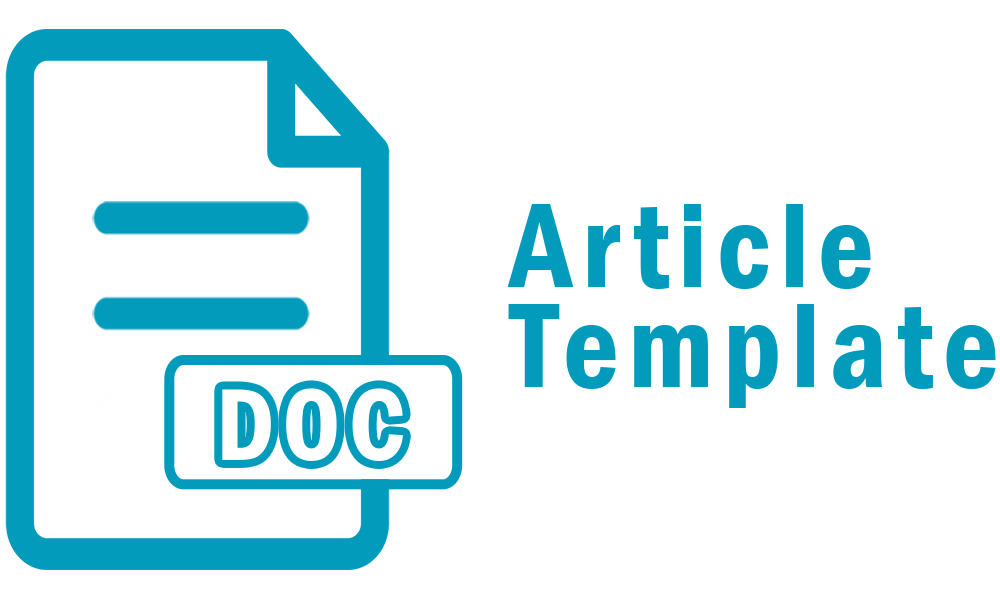Learning to read through google classroom for undergraduate EFL students in Indonesia
DOI:
https://doi.org/10.35961/salee.v3i1.409Keywords:
Effectiveness, Google Classroom, Reading SkillAbstract
Google Classroom is one of the contemporary popular online learning media. Through this platform, students can continue to carry out online learning. Google Classroom can be used for assignments and information, submitting assignments, and providing assessments. This study was conducted to determine whether the use of Google Classroom is effectively used to teach students' reading skills. This study uses quantitative research methods with pre-experimental design. The sample of 11 students from second semester students of English Education Department in an Indonesian university. Samples were taken using purposive sampling technique. In this study, data collection was used using tests. This study uses statistical calculations using IBM statistics 28.00 to determine the significance value. The result of the calculation is that the significance value of 0.039 is smaller than 0.05, so it can be concluded that the alternative hypothesis (Ha) is accepted and the null hypothesis (H0) is rejected. This means that there is a significant effect after using Google classroom to teach reading. Thus, it can be concluded that the use of Google Classroom in learning to read for first year tertiary students is effective.
References
A’yunin, Q. (2020). The Effectiveness of Question Answer Relationship (QAR) Strategy to Students Reading Comprehension (a pre experimental study in the seventh grade of SMPN 2 Ponorogo in academic year 2019/2020). Journal of Chemical Information and Modeling, 53(9), 1689–1699.
Abdel Latif, M. M. M. (2022). Coping with COVID-19-related online English teaching challenges: teacher educators’ suggestions. ELT Journal, 76(1), 20–33. https://doi.org/10.1093/elt/ccab074
Akyol, H., & Ketenoğlu Kayabaşı, Z. E. (2018). Improving the reading skills of a students with reading difficulties: An action research. Egitim ve Bilim, 43(193), 143–158. https://doi.org/10.15390/EB.2018.7240
Bahasoan, A. N., Wulan Ayuandiani, Muhammad Mukhram, & Aswar Rahmat. (2020). Effectiveness of Online Learning In Pandemic Covid-19. International Journal of Science, Technology & Management, 1(2), 100–106. https://doi.org/10.46729/ijstm.v1i2.30
Creswell, J. W. (2012). Educational research: Planning, conducting, and evaluating quantitaive and qualitative research (4th ed.). Pearson Education.
Darmawan, D. (2016). Metode Penelitian Kuantitatif. PT Remaja Rosdakarya.
Hoover, W. A., & Tunmer, W. E. (2020). The Cognitive Foundations of Reading and Its Acquisition (Vol. 20). Springer International Publishing. https://doi.org/10.1007/978-3-030-44195-1
Li, X., Yang, Y., Chu, S. K. W., Zainuddin, Z., & Zhang, Y. (2020). Applying blended synchronous teaching and learning for flexible learning in higher education: an action research study at a university in Hong Kong. Asia Pacific Journal of Education, 1–17. https://doi.org/10.1080/02188791.2020.1766417
Okmawati, M. (2020). The Use of Google Classroom during Pandemic. Journal of English Language Teaching, 9(2), 438. https://doi.org/10.24036/jelt.v9i2.109293
Rakhmawati, I. (2020). The Effectiveness of Google Classroom on the First Semester Students’ Writing Skill at STKIP PGRI Tulungagung STKIP PGRI Tulungagung. Linguistics, and Literature, 3(1), 21–33.
Ratnaningsih, P. W. (2019). The use of Google Classroom application for writing and speaking in English education class. Paskalina Widiastuti Ratnaningsih Indonesian EFL Journal: Journal of ELT, Linguistics, and Literature, 5(1), 2019. http://ejournal.kopertais4.or.id/mataraman/index.php/efi
Salamah, W. (2020). Deskripsi Penggunaan Aplikasi Google Classroom dalam Proses Pembelajaran. Jurnal Penelitian Dan Pengembangan Pendidikan, 4(3), 533–538.
Scharrer, E., & Ramasubramanian, S. (2021). Quantitative Research Methods in Communication: The Power of Numbers for Social Justice. Routledge.
Sugiyono. (2011). Metode Penelitian Kuantitatif Kualitatif dan R&D. ALFABETA, cv.
Tarteer, S., Badah, A., & Khlaif, Z. N. (2021). Employing Google Classroom to Teach Female Students during the COVID-19 Pandemic. Computers in the Schools, 38(4), 300–321. https://doi.org/10.1080/07380569.2021.1988318
Totanan, C. (2022). Is Google Classroom, Zoom, and WhatsApp effective for accounting students during the COVID-19 pandemic? Journal of Education for Business, 1–7. https://doi.org/10.1080/08832323.2021.2023853










